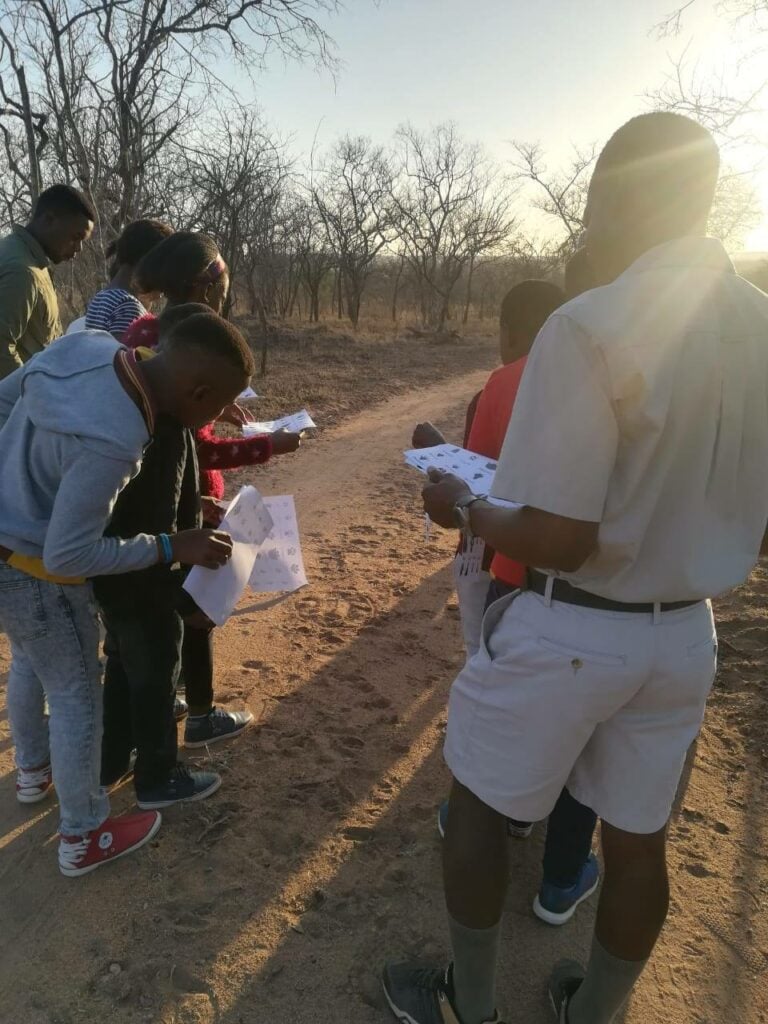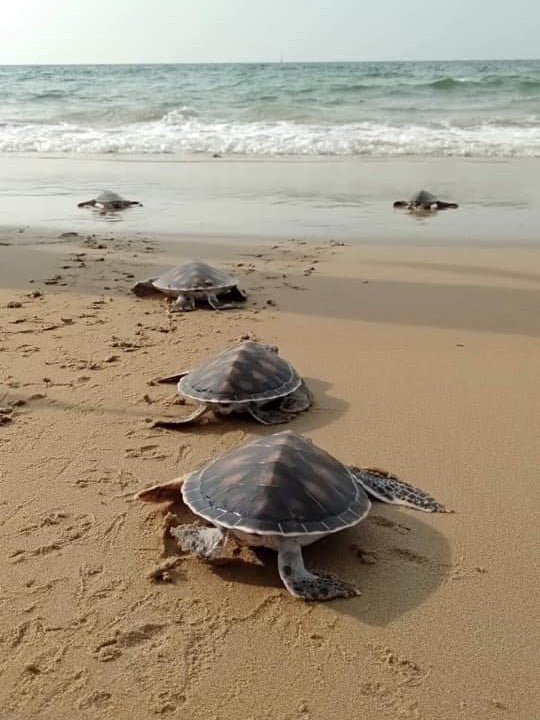Discover how Namib Desert wildlife thrives in extreme conditions – elephants, beetles, plants & more adapt uniquely to survive harsh environments.
GVI
Posted: July 9, 2024

GVI
Posted: December 13, 2022
Animal volunteer programs abroad are a great way to make a positive impact on the lives of animals in need.
By joining an animal volunteer program abroad, you can work on projects with a focus on animal rescue, rehabilitation, conservation, and research development. You’ll have the opportunity to work with animals such as elephants, lions, and sea turtles, and help to provide them with the care and support they need. You can also learn new skills, gain hands-on experience, and make a positive impact on the world.
In addition to the direct benefits for the animals, volunteering abroad also provides valuable opportunities for personal growth and development. You can immerse yourself in a new culture, learn about different ways of life, and make new friends. You can also gain valuable experience and skills that can help you in your future career.


The International Union for Conservation of Nature (IUCN) maintains a list of threatened species known as the Red List. This list includes a range of animals that are considered to be in a critical state, including many species of birds, mammals, amphibians, and reptiles.
Some examples of animals on the IUCN Red List that are in a critical state include the following:
These are just a few examples of animals that are in a critical state, according to the IUCN Red List. There are many other species of animals that are also threatened and in need of conservation efforts to prevent their extinction.
When choosing an animal volunteer program abroad, there are a few things you should be mindful of to ensure you have a positive and meaningful experience. Here are a few things to keep in mind:
GVI has a number of animal volunteer programs in countries such as Thailand, Costa Rica, Madagascar, Seychelles and South Africa – with projects running in other locations as well. These programs give volunteers the chance to work with animals such as elephants, sea turtles, big cats like lions and jaguars, and assist with animal rescue and rehabilitation.
It’s important for local organisations to take the lead in animal conservation projects. First and foremost, local organisations are often more familiar with the local environment, culture, and community, and are therefore better equipped to design and implement conservation efforts that are effective and sustainable. They are also more likely to have the support and cooperation of the local community, which is essential for the success of any conservation project.
Read: Why local leadership is critical to development projects

Discover how Namib Desert wildlife thrives in extreme conditions – elephants, beetles, plants & more adapt uniquely to survive harsh environments.
GVI
Posted: July 9, 2024